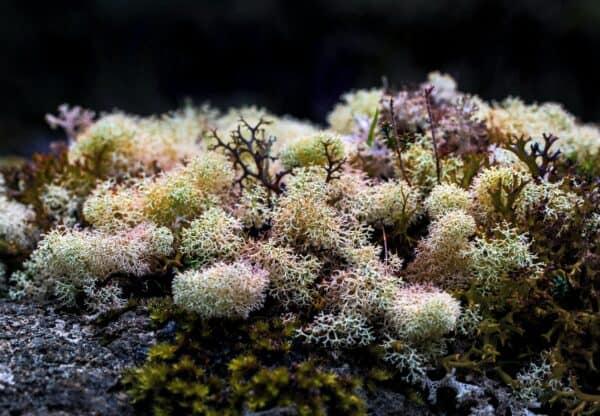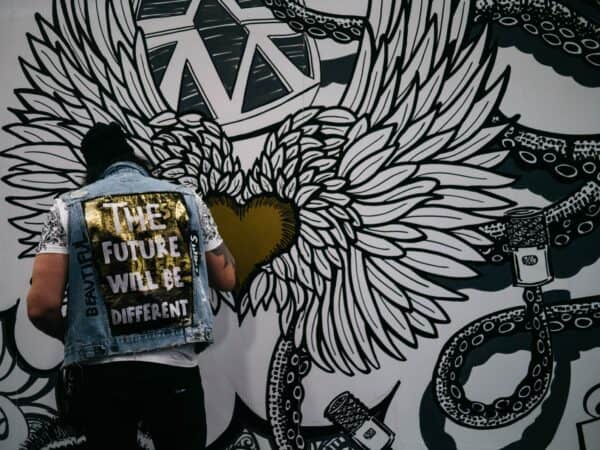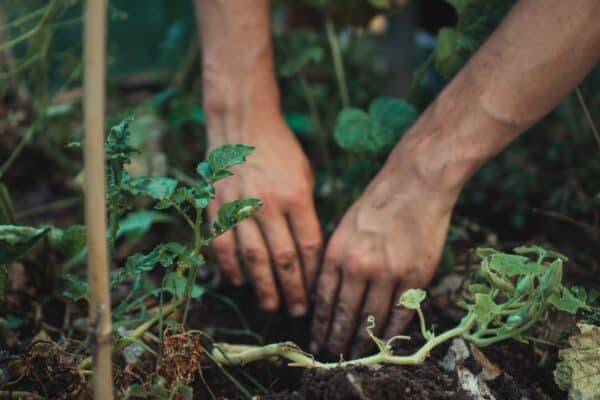Something so precious happened this week.
I had the deep honour and privilege to take a transformational journey with a truly special and brave group of changemaker Landscape Architects and Engineers from the company Edge, based in Malmö, Sweden. They invited me to join them on retreat at a unique local Ecolodge and learning centre for inner and outer sustainability.
We gathered to explore the inquiry: What can we develop within ourselves and in our business so that we can meet today’s challenges with resilience, whilst making a difference?
This was a brand-new experience and challenge for me in many ways, and one that has for sure nurtured me too.
For the past however many years, I have worked with predominantly right-brained, intrinsically-motivated people (mostly women) who often resist (but simultaneously long for) structure and systems.
I knew that in saying yes to this invitation, I would be faced with the opposite challenge: predominantly left-brained, analytical people (men and women) who may hold preconceived ideas or resistance towards anything non-linear, abstract, metaphorical, somatic or meditative (but who deep down may long for precisely these things).
Since as a society we have been socialised into believing that the right-brained ways of being hold less value and are often labelled as ‘strange’, I knew I would run a greater risk of ‘losing’ the group in exposing them to emotive language and inner-sensing experiences early on, than I would introducing analytical processes to my usual client base.
And yet, my intuition told me that in guiding people into their own regenerative self-leadership, I needed to do exactly this: hold the space for an experience that enabled the participants to move between divergent and convergent ways of being and relating outside all of our comfort zones. That in order for there to be transformational shifts, we needed to start by allowing there to be a ‘right-brained non-linear shake-up’ of sorts, leaving them somewhat ‘out-at-sea’ and possibly in doubt (whilst being safely held).
A gentle introduction to the 4 pillars of Wish Tree’s self-leadership model and a guided gratitude meditation on the first evening was followed by non-linear movement facilitated by musicians, and the activation was in full swing!
Unsurprisingly, I woke up at 4.30 am on the morning before our full day workshop sensing some resistance percolating in the group. I knew that now was the time to switch gears and meet them with my scientist left-brained self, speak a language and provide a structure and reference points that they were used to and felt safe with, and allow for convergence to enter the process.
It worked.
Feeling the trust and connection grow in the room allowed the dots to be connected too, between the bigger picture for change on the planet, the disruptive challenges we are about to face in the coming decade, the shift towards wholeness in our inner and outer eco-systems, and an excitement of being part of a movement for change.
So, when the afternoon arrived, a half-hour guided tree-meditation and deep relaxation was fully welcomed (so much so that I didn’t even need to ask anyone to lie down on the floor and breathe deeply!), so was a poetry exercise visioning a thriving future and speaking and listening with each other heart-to-heart.
I was completely blown away at what was able to EMERGE in the dance between divergent and convergent ways of being and relating in this wonderful group, and how in the process I was not only able to, but REQUIRED to bring all parts of me to the space – as such model what “both-beingness” can look like and feel like.
It was a precious experience of wholeness in community I will never forget.
This was also my first-time holding space for an in-person retreat since the pandemic, and my first workshop in Swedish in 7 years.
This has meant that over the past little while, I have worked long days and weeks to re-organise and translate materials, learn new words and terminology, and switch my brain into a ‘seeing’, writing and speaking ‘work-language’ in Swedish.
The experience enabled my language brain to have both a release and expand, and although my fluency was far from perfect, it was good enough to do the job. More wholeness.
My heart is full and grateful.
We were all held by the magic and power of Ecotopia retreat centre with its beautiful green building eco-design, lush gardens and forest, and 3 course plant-based gourmet dining.
Thank you Universe.
More of this juicy, expansive wonderness please.
If you would like to collaborate with us to create a bespoke retreat or workshop (online or IRL) for your team, get in touch and we’ll talk more!








